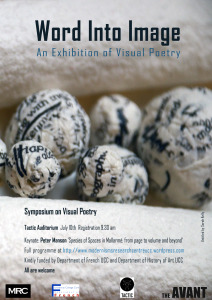Much of what is written here applies to any literary presentation…and makes all the difference for the audience…
Recently I’ve read at Leicester’s Shindig (organised by Nine Arches and Crystal Clear Creators) and Word! which both support open mic readings as part of their programme. Both these benefit from good organisation and having a core of regular attendees so it’s easy for a newcomer to feel welcomed and included.
Open mic events are good ways of reaching an audience, networking with other poets and can provide opportunities to indirectly promote your work. However, they are multi-reader events and each has their own brand and conventions. Keep in mind your audience will be other poets and/or poetry readers. They know your book won’t be available in the local bookshop and will seek you out if they appreciate your reading. Your poems are your best advertisement so present them to their best advantage.
Successful Open Mic Readers
- Know how long their time slot is and stick to it
- Rehearse
View original post 1,404 more words




